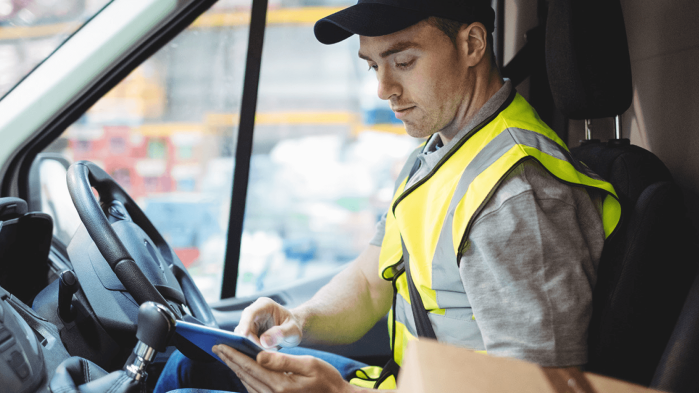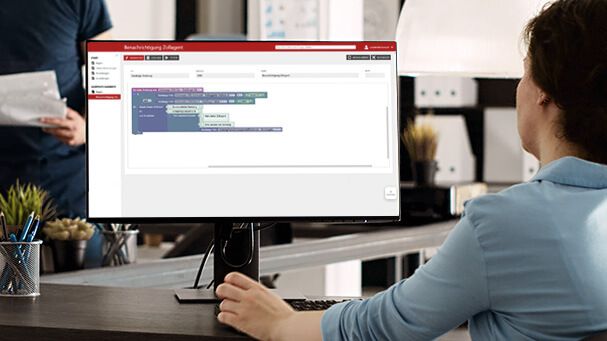Why should every company have the full range of software, personnel, and resources when individual services can also be purchased and offered as LaaS? Whether it’s B2B, B2C or D2C, an integrated platform solution allows any company to get started right away and provide logistics services of all kinds without complicated onboarding and other barriers to entry. Fulfillment service becomes a breeze: problems such as lack of capacity or resources are solved in an instant.
Whether warehousing, packaging service, handling, invoicing, pickup or delivery: all these services can be flexibly rented with LaaS. The business model offers many advantages: The customer benefits from a broad digital and integrated range of offerings on a Logistics as a Service platform, while providers achieve greater revenue security and can plan their capacities in the best possible way. In this way, companies do not have to maintain a fixed infrastructure or resources for the entire logistics process. Thanks to the logistics network, they can still offer a wider range of services along the value chain and retain the ability to respond more quickly and easily to movements in the market.



